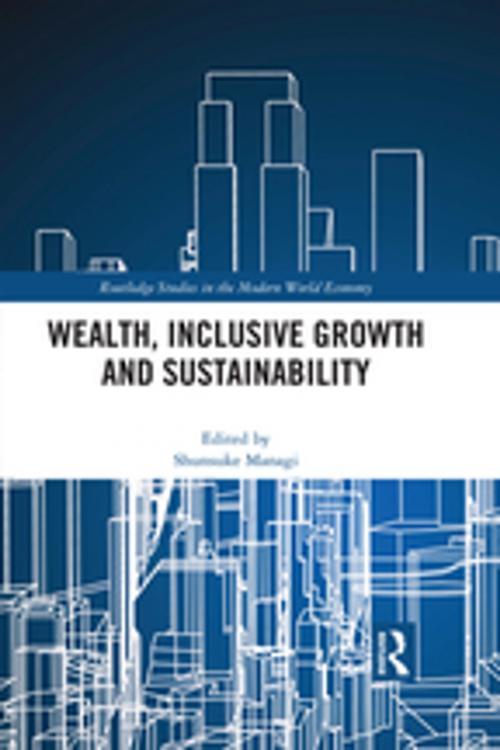| Author: | ISBN: | 9780429683275 | |
| Publisher: | Taylor and Francis | Publication: | January 24, 2019 |
| Imprint: | Routledge | Language: | English |
| Author: | |
| ISBN: | 9780429683275 |
| Publisher: | Taylor and Francis |
| Publication: | January 24, 2019 |
| Imprint: | Routledge |
| Language: | English |
The excessive pursuit of economic interests has resulted in severe environmental and social problems, such as climate change, biodiversity loss, and inequality and disparity. There is an urgent need for broader measures of progress to complement Gross Domestic Product (GDP). This book provides a wide range of economic evaluations of environmental and societal issues including climate change, emission problem from garbage landfills, and income inequality. The book explains that sustainability indicators and well-being measures can be effective guide for policy making and how they can strike a balance between economic, environmental, and societal interests.
This book summarizes current practices and theories of economic evaluation for sustainability and provides understanding of emerging trends in this area. It also stresses the importance of environmental policies and business actions in achieving sustainable growth and puts forth why countries should take natural capital and other conventional inputs into consideration.
The excessive pursuit of economic interests has resulted in severe environmental and social problems, such as climate change, biodiversity loss, and inequality and disparity. There is an urgent need for broader measures of progress to complement Gross Domestic Product (GDP). This book provides a wide range of economic evaluations of environmental and societal issues including climate change, emission problem from garbage landfills, and income inequality. The book explains that sustainability indicators and well-being measures can be effective guide for policy making and how they can strike a balance between economic, environmental, and societal interests.
This book summarizes current practices and theories of economic evaluation for sustainability and provides understanding of emerging trends in this area. It also stresses the importance of environmental policies and business actions in achieving sustainable growth and puts forth why countries should take natural capital and other conventional inputs into consideration.















